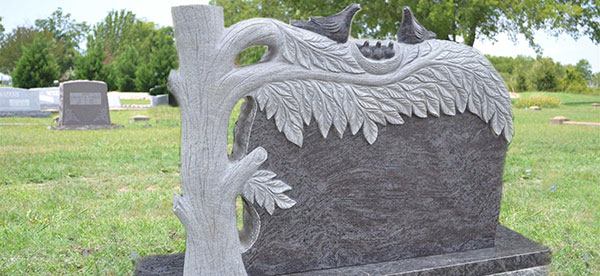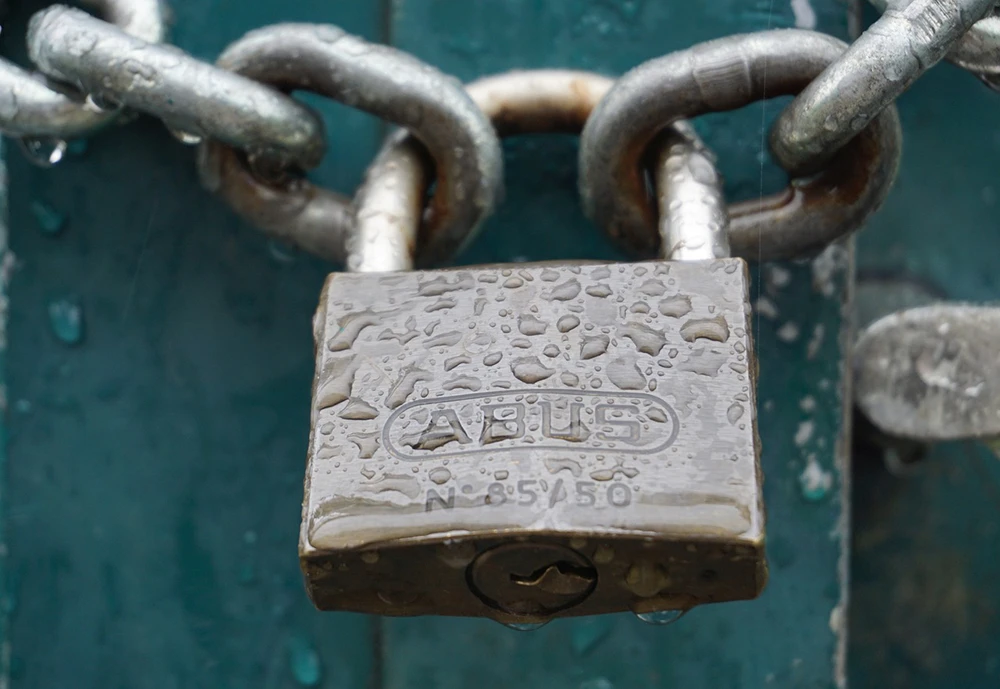When you are interested in drafting a will, you will be required to give your property and assets to any individual of your choosing. The person that you leave your property and assets to is known as a beneficiary and it’s vital to name beneficiaries and inheritors in your will.
There are an ample amount of people that you can choose, whether it be a family member, friend, or even an organization.
The only person that you won’t be able to name as a beneficiary is the person who witnesses the signing of your will.
Choosing Multiple Beneficiaries
You have the opportunity to choose multiple beneficiaries when you are creating your will. When you determine who will be receiving what, there are specific factors that you will have to take into consideration, including:
- Are your assets distributed equally or unequally amongst your beneficiaries?
- Do certain pieces of land go to certain beneficiaries?
- Will your estate be divided amongst a specific group of people and who will it be distributed to?
- Do you want your assets and property sold and the profits are to be distributed amongst your beneficiaries?
It is important to consider the amount of assets that you will be distributing and how they will be distributed amongst all of your beneficiaries to ensure that everyone receives a certain amount of something.
It is also important to think about the assets that you are distributing and how they can be resolved.
As an example, if you leave a specific piece of your estate to each of your three children, how will they come to a consensus to either keep or sell the house?
If you find that this process is too overwhelming, seeking the help of an attorney will ensure that you accurately divide your estate and assets.
Children and Pets as Beneficiaries

It is common practice for parents to name their children as beneficiaries in their will and since they are under the age of 18, they will not receive any direct assets until they reach the age of majority.
Putting assets aside for your children who are minors is known as starting a trust and it will be managed by a trustee that you will have to name. The trustee could be the guardian of the children or the guardian of your estate.
Another common question is whether you can name pets as beneficiaries.
You can’t leave your assets to an animal, but you can designate a portion of assets towards the care of your pets.
In this case you will need to name someone to be the caregiver of your animals and the money will be given to the caregiver.










